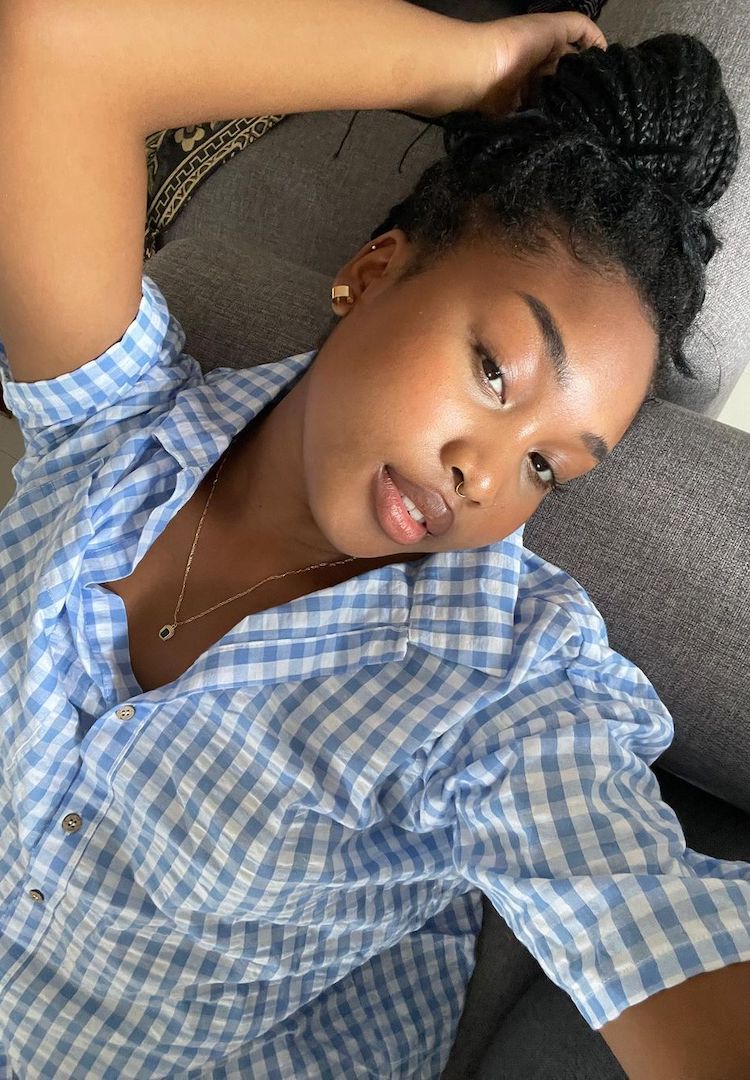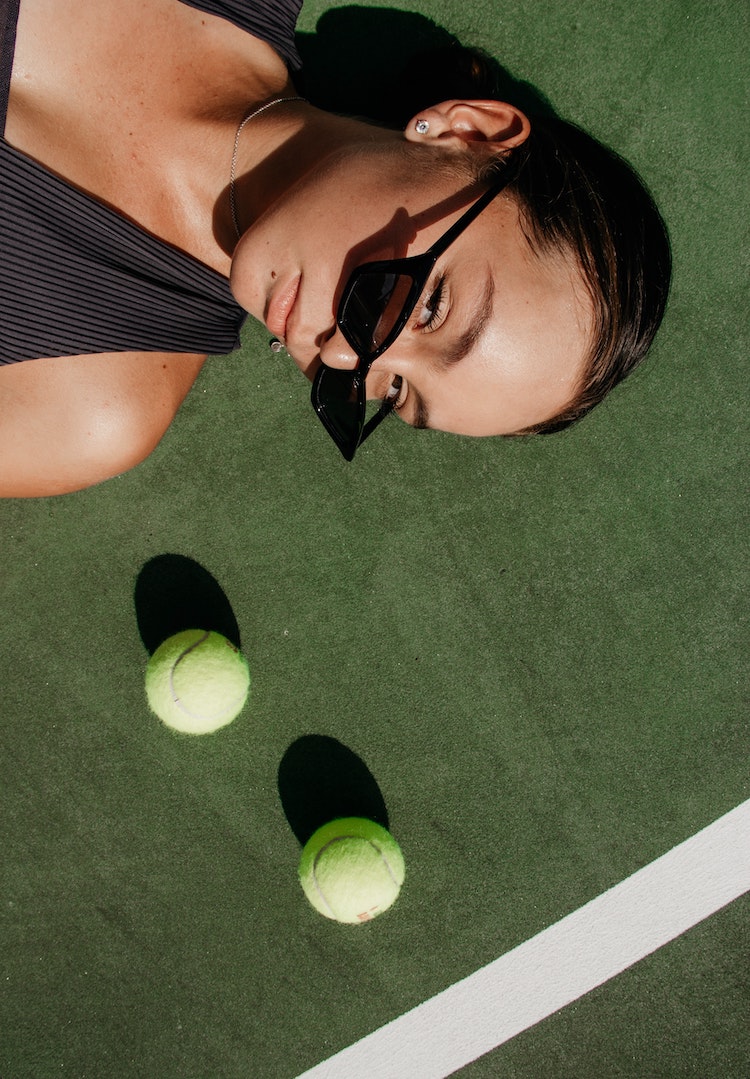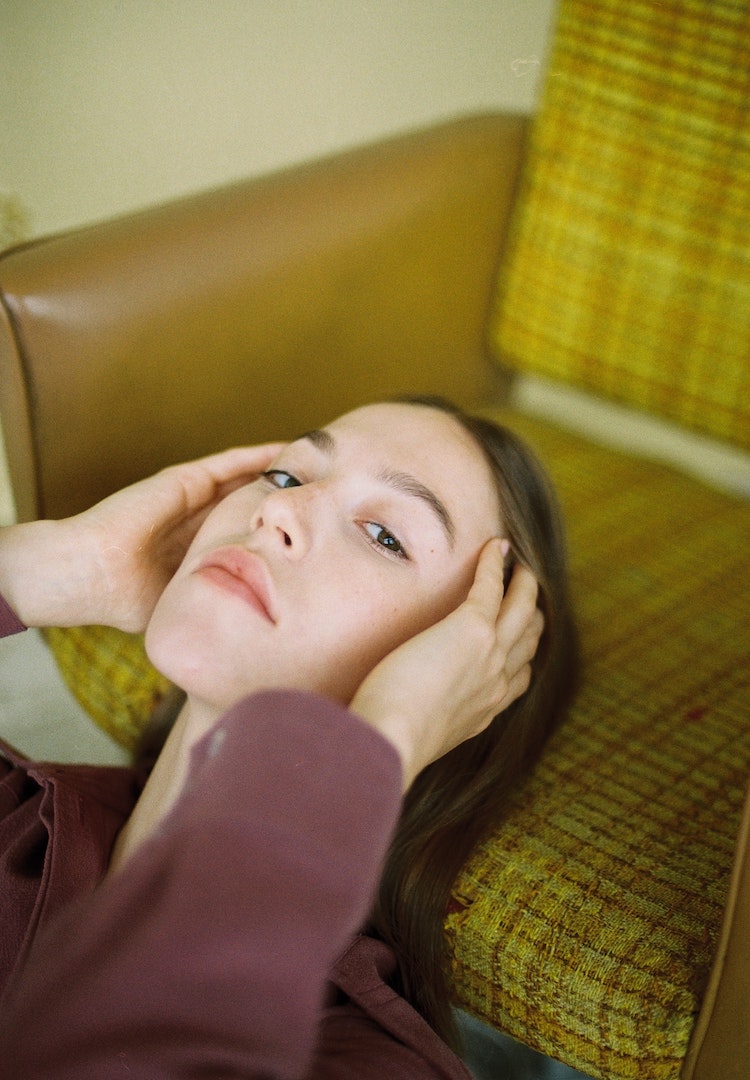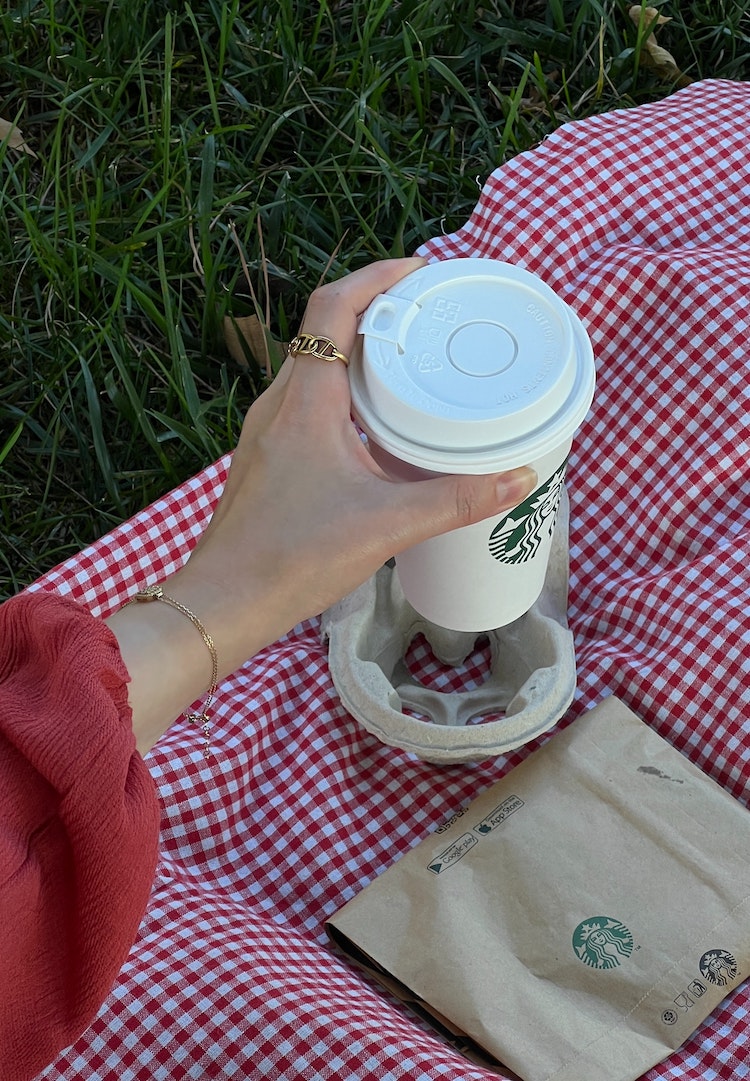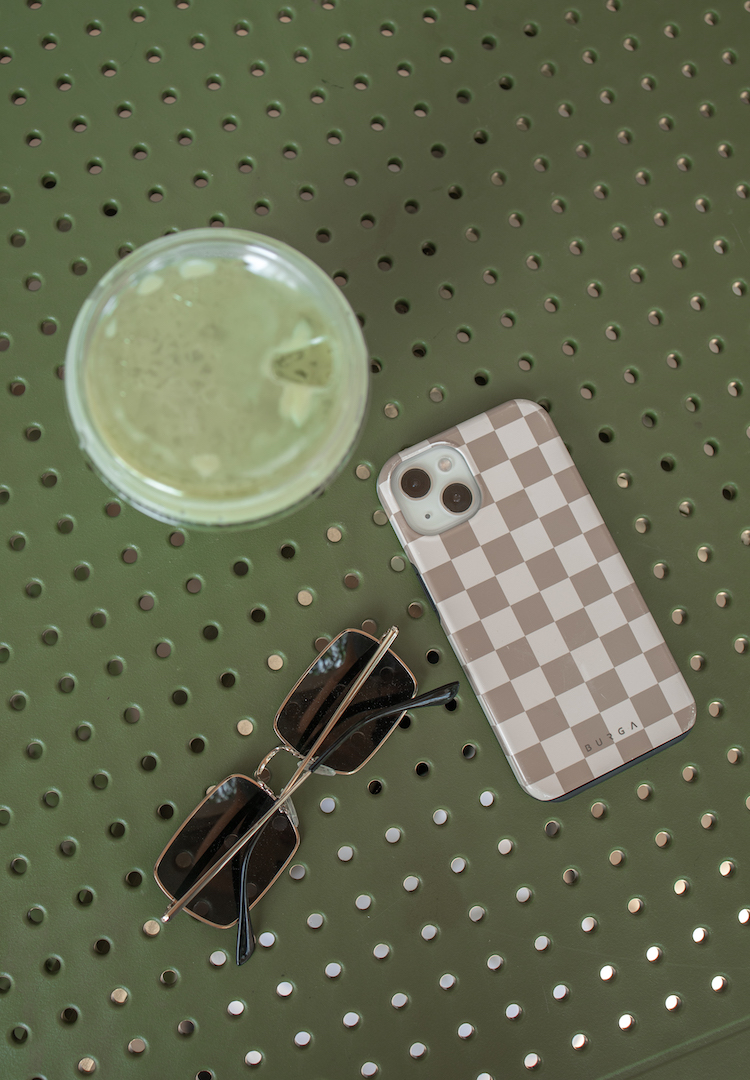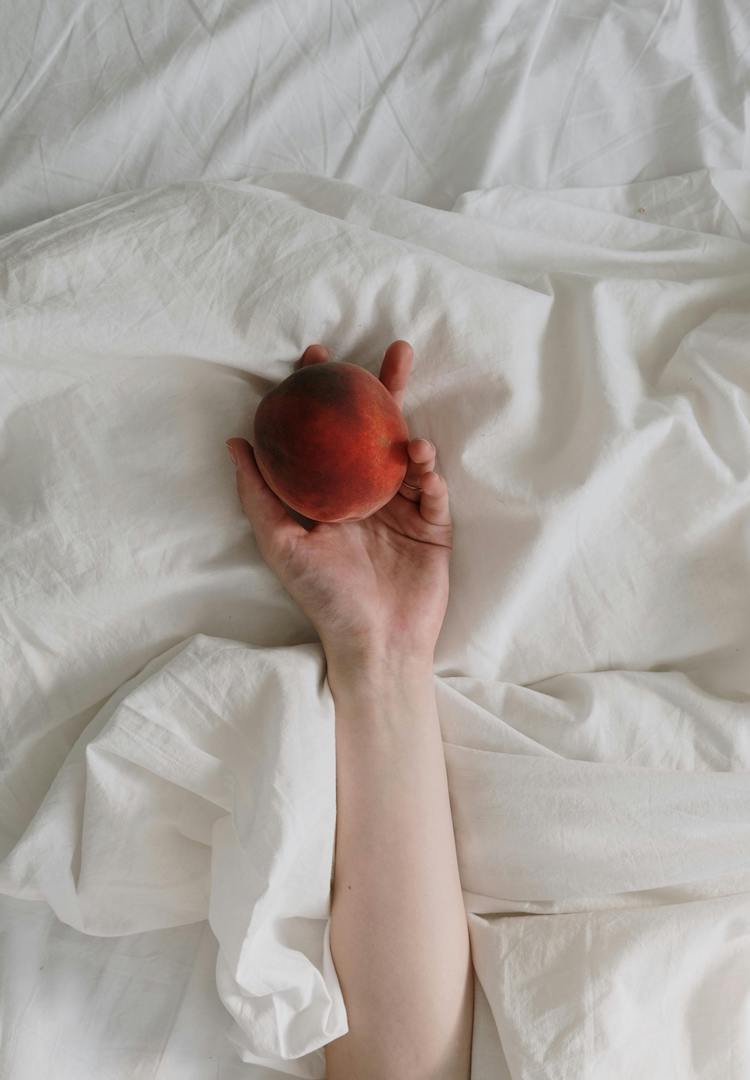What is the ‘75 hard’ TikTok trend and why is it so dangerous?
WORDS BY DAISY HENRY
“I don’t believe this challenge is suitable for anyone looking for longevity in their wellness journey.”
When it comes to fitness and health trends, I’m often wary. Perhaps it’s because I grew up in the era of the infamous SkinnyMe laxative diet teas or maybe it’s thanks to our relentless culture of self-improvement, but either way, I try to steer clear of fitness and diet fads made popular by famous people with questionable credentials.
However, in the face of viral social media trends, it’s hard to remain totally insulated. Take the 75 Hard TikTok trend. Coming in at 1.3 billion views at the time of publication (this will probably rise), the #75Hard trend is a hard (mind the pun) one to ignore.
Interested to hear how others navigate the world? Head to our Life section.
But ‘viral’ and ‘popular’ does not necessarily mean ‘backed by health professionals’ or ‘good for your mental health’. After taking a look at the challenge myself and listening to the challenge’s founder, Andy Frisella, speak about it on his podcast, I’m questioning how safe this challenge actually is for people.
So, what is it?
The 75 Hard challenge was first introduced back in 2019 by Andy Frisella on his Real AF Podcast. Frisella, an entrepreneur and founder of several fitness and supplement brands, has since created a website, app and book dedicated to the 75 Hard challenge.
In the podcast’s episode notes, Frisella describes how he has spent more than 20 years figuring out how to “master mental toughness” and adds that he’s putting everything he’s learnt into a program called 75 Hard. It is, above all, designed to “cultivate extreme discipline”.
However, it’s worth keeping in mind that Frisella doesn’t seem to have a medical background. This challenge appears to have been created based on his personal experiences, and not with any guidance from any medical or scientific studies or experts.
The rules
There are key rules that people must follow over the course of 75 days. As Frisella says, “If you mess up on day 74, you have to restart it”.
The rules are extreme, highly regimented and risky for those who might be prone to eating disorders. For this reason, I won’t list them in full. However, the below should give you a snapshot of what the 75 Hard challenge involves.
- You must follow a diet without deviation.
- You must exercise a set number of days, with a set frequency and for a set duration.
- You must drink a prescribed amount of water per day.
- You must follow other behaviours that risk damaging your body image and self-esteem.
Intense? That’s probably an understatement. The challenge is incredibly strict, supposedly promising to help change and transform people’s entire lives. So, in order to break down the challenge and its rules and effects, I turned to Laura Henshaw, CEO and co-founder of Keep It Cleaner (KIC) and Danny Kennedy, Head Trainer at KIC for their take on the viral TikTok challenge.
First impressions
“I think challenges can be great,” Laura initially says, describing how her team often creates challenges for their community. However, she does note that KIC’s challenges are specifically designed to be sustainable and flexible for all fitness levels, and easily adapted depending on someone’s mood or lifestyle.
“For me, [this] trend goes against our grain at KIC, because it does seem like quite an intense and restrictive challenge,” she says. “Also, [it’s] a very strict regime with little room for balance when it comes to what we are eating and [how we are] exercising [which] can be really dangerous for anyone at risk of developing disordered eating habits or exercise nervosa.”
On the other hand, Danny acknowledges that 75 Hard could be a “great way to incorporate structure and discipline,” but notes that due to its demanding nature, “the likelihood of many (if any) of the habits from the challenge itself sticking once it’s complete, are very low”.
Is it dangerous?
Not only does this challenge seem intimidating, but its high-intensity nature causes me to question whether it’s safe and whether it could negatively impact people’s mental and physical health.
“[The prescribed behaviours] seem like all the things that could fuel a negative relationship with food and exercise, in my opinion,” says Laura. “I understand the purpose of this challenge is to be intense, but at KIC we value long-term sustainable outcomes. We have seen and heard the stories from our community on how this approach has transformed their relationship with food and fitness in a way that focuses on the way they feel, rather than the way they look.”
In this way, the 75 Hard, could end up having adverse effects. “I don’t believe this challenge is suitable for anyone looking for longevity in their wellness journey,” says Laura.
Is it good to be doing that much exercise?
Perhaps it’s just me, but the idea of exercising to meet the prescribed frequency and duration seems insane. Tuning into how your body feels, taking a day off if you’re unwell, being able to adapt to your schedule and listening to your mood are all things that should be prioritised above a strict, relentless workout schedule. Plus, without proper guidance, it’s hard to know what kind of exercise is okay, and what people should be avoiding. Are you meant to be doing cardio? Weights? Stretching?
“It’s really important to support sessions that involve high-intensity movements with lower impact or strength and conditioning workouts,” Danny explains. For anyone doing such frequent, intense exercise, he recommends doing something like a HIIT session first, and doing a lighter workout, like Pilates, mobility or yoga, second.
TikTok trends
Though social media has long been synonymous with promoting diet culture, I wonder if the viral nature of TikTok videos makes challenges like this more accessible and harder to avoid. “I think social media has come a long way when it comes to body image and dieting, and we have a lot more control over our social media experience by choosing not to follow accounts or profiles that we find triggering,” Laura tells me.
“Social media is certainly a very powerful tool when it comes to connection and education,” she says. “However, while I love TikTok, our For You Page gives us less control over what we want to see and I do believe we are dealing with trends that fuel diet culture in disguise.”
In fact, Laura tells me that KIC’s resident dietician, Liv Morrison, says that “a lot of unsolicited advice or ‘how to’ led content, has the ability to fuel restrictive eating behaviours which could be harmful to one’s health”.
Would you recommend it?
“As someone who is a perfectionist and can be extremely disciplined, I need to be really careful around my mindset with food and exercise, as taking a strict approach has led to a really unhealthy relationship with food and exercise in the past,” Laura says. “So this is not something I would ever do.”
Danny also says he wouldn’t recommend the challenge to the majority of people. “If you decide to try it, I think it’s important that you’re purely pursuing this for a mental and physical challenge and you have a strong mentality and structure around training and food,” he says.
Rather than an ‘all or nothing’ approach that pairs exercise and diet with notions of success and failure, there are a number of healthier ways to transform your relationship with your physical and mental health. From challenges that place an emphasis on flexibility and adaptability, to ditching dangerous notions of self-improvement, there are better alternatives that aren’t designed to make you feel terrible if you slip up.
If you’re struggling with body image issues or eating disorders, you can call the Butterfly National Helpline at 1800 33 4673 for free and confidential support, or email or chat online here.

